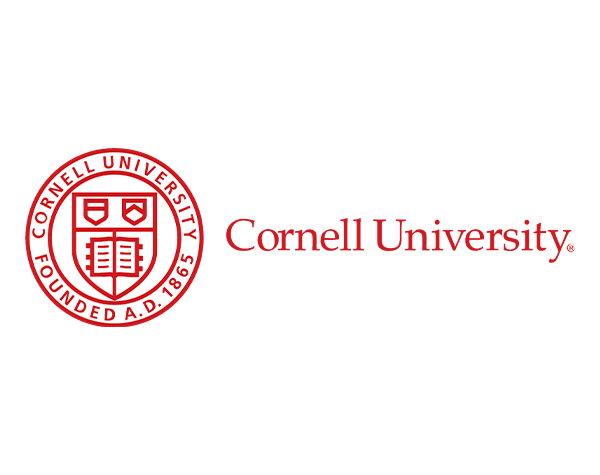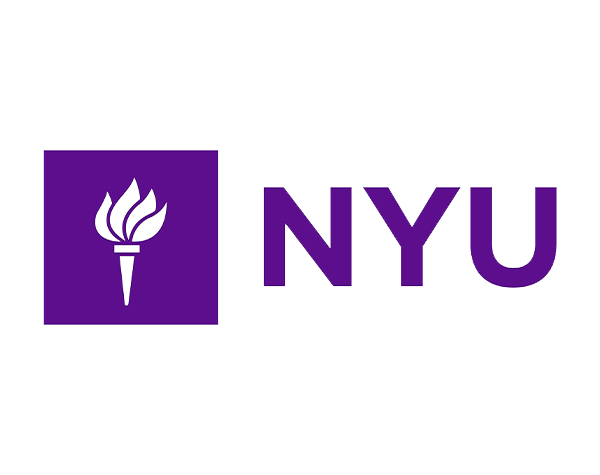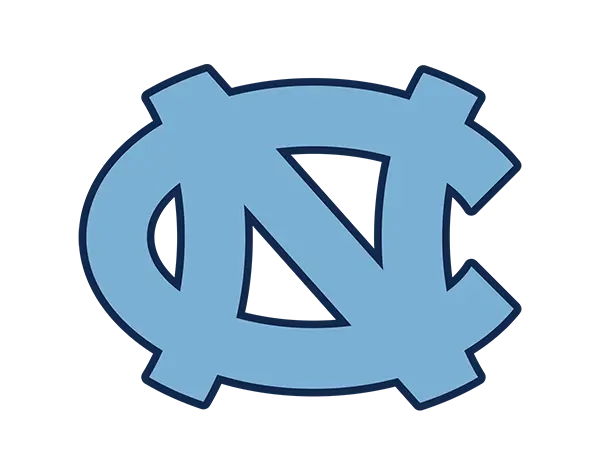Guiding Your Path to College
Our College Placement program is dedicated to guiding each student on a personalized journey toward higher education. We believe that finding the right college is about more than just admissions; it's about discovering a community where unique talents can flourish and aspirations can take flight.
We understand that finding the match between the student and college is the most important concern. That's why we assist every student in discovering colleges that will allow him or her to attain the best education to achieve their goals for a productive, constructive, and satisfying life. While the final decision-making role ultimately remains with the student and their family, our mission is to empower every student to discover, pursue, and achieve their ideal post-secondary educational path, fostering faith, self-awareness, informed decision making, and a lifelong love of learning, while upholding the Christian values and academic rigor of The Dunham School.
See a full list of Dunham School graduates college acceptances.
College Placement Handbook
The College Admissions Journey: A Grade Level Overview
| Freshman Year |
|---|
|
| Sophomore Year |
|
| Junior Year |
|
| Senior Year |
|
College Admissions FAQ
| When should the preparation for college applications start? |
|---|
|
While the bulk of applications happen in senior year, preparation truly begins freshman year with strong academics, extracurricular involvement, and exploring interests. Junior year is critical for standardized testing and initial college research. |
| How important are grades and standardized test scores (SAT/ACT)? |
|
Grades and challenging coursework are generally the most important factors. Standardized test scores still play a significant role for many colleges, though a number are test-optional or test-blind. It's crucial to research each college's specific policy. |
| Should a student take both the SAT and ACT, or just one? How many times should they be taken? |
|
Most colleges accept either the SAT or ACT, and they do not have a preference for one over the other. It's generally recommended that students take a practice test for both exams to see which format and content better suits their strengths. Once a student determines which test they perform better on, they should focus their preparation on that single test. Most students benefit from taking their chosen test 2-3 times. Many colleges "superscore," meaning they'll combine a student's best section scores from different test dates to create a higher overall score. |
| How many colleges should be applied to, and how do we choose them? |
|
It's recommended to apply to a balanced list of schools: typically 1-2 "safety" schools (where admission is highly likely), 2-3 "target" schools (good fit academically), and 1-2 "reach" schools (challenging but possible). The selection process should consider academic fit, social environment, financial considerations, and student interests. |
| What's the difference between Early Action, Early Decision, and REgular Decision? |
|
Early Action (EA) is non-binding and allows students to apply early and receive an early decision. Early Decision (ED) is binding, meaning if accepted, the student is committed to attending that college. Regular Decision (RD) is the standard application round with later deadlines and notification dates. |
| How can we afford college? What about financial aid and scholarships? |
|
College costs vary widely. Families should complete the FAFSA (Free Application for Federal Student Aid) and often the CSS Profile to determine eligibility for need-based aid. Students should also actively seek out merit-based scholarships from colleges and external organizations. Open and honest conversations about finances are essential. |
| What role should a parent or guardian play in the college admissions process? |
|
A parent's/guardian's role is primarily supportive and advisory. Parents or guardians should encourage the student to take ownership of the process, but be available to help with research, organization, proofreading essays, and discussing financial realities. Avoid contacting admissions offices on their behalf, as colleges prefer to interact directly with applicants. |
| What if a student does not know what he or she wants to major in? |
|
It's perfectly normal! Many students enter college undecided. Each student is encouraged to explore various subjects in high school, and look for colleges with strong general education programs or opportunities to explore different fields before declaring a major. |
| How important are extracurricular activities and essays? |
|
Extracurriculars demonstrate a student's passions, commitment, and leadership skills beyond academics. Essays are crucial for showcasing personality, writing ability, and unique perspectives, allowing admissions committees to see beyond the numbers. |
| What should students do over the summer to prepare for college? |
|
Summers are valuable for college preparation. Activities can include standardized test prep, visiting college campuses, researching schools, working on college essays, pursuing internships or volunteer opportunities, or engaging in summer academic programs. |
Ready to Call on Baton Rouge?
Each year, the College Placement Office is pleased to welcome a number of college admissions representatives to campus each year to meet with students and share information about their respective colleges and universities. College admissions representatives who would like to visit Dunham should connect via the Counselor Community. Our students look forward to meeting you!

























-385.png_385.png?version=638525887025100000)